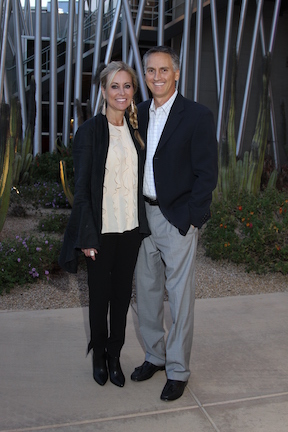Living 24 years with ACC
In 1999, at 36 years old I was told to get my affairs in order by my urologist. A football sized tumor was found on my left kidney and the diagnosis was stage 4 adrenal cancer. It was Adrenocortical Carcinoma (ACC), a rare cancer of the adrenal glands that usually displays no symptoms or pain, and simply displaces organs as it grows inside the body cavity, often going undetected until late stages, I was 165 pounds at the time.
My Surgeons successfully removed the tumor along with one of my kidneys and that’s when the real decisions needed to be made. There was one drug approved for ACC, it’s called Mitotane, a derivative of DDT, yep rat poison. It had a 20% response rate at best and made people very sick with no proof that it would cure anyone. We decided from the beginning not to take it and I would NEVER recommend it to an ACC patient today and studies show that very few long-term survivors (10+ years) have taken it.
With some luck, it took about four years for the cancer to return, this time on my left lung. My doctors monitored it for a a couple of months to make sure, and when they saw it growing, surgeons removed the tumor.
Now that I had my first recurrence and multiple surgeries, it persuaded me to start looking into research. My oncologist, Dr. Richard Rosenberg, contacted a colleague who happened to be the world famous Dr. Daniel Von Hoff, TGen’s Physician-In-Chief. A few days later, I received a call from Dr. Von Hoff, and they talked for 90 minutes about setting up an ACC research program at TGen. Two weeks later, in May 2005, I arrived at TGen for a meeting with Dr. Von Hoff and Dr. Michael Demeure, a surgeon who had published a scientific paper about ACC. That day, Dr. Von Hoff and Dr. Demeure and I began putting together a plan for what would become TGen’s ACC Research Program.
Unfortunately, during the planning process, the cancer had recurred in my liver. Surgeons removed the tumor and two-thirds of my liver. But because of the introduction to TGen, this time the tumor underwent genomic profiling. The results revealed a genetic marker that my physicians believed could be treated with Velcade, a drug usually used to treat multiple myeloma. That is where the power of profiling and the knowledge of my team comes in. I received the targeted chemotherapy for five months, and except for a small recurrence on my right lung, removed in May 2008, I remained cancer free until early 2014. This time the cancer recurred in my liver again, which was surgically removed.
Now in 2014 vs 2005, we can do full Genome Sequencing at a fraction of the cost a few years earlier. This time TGen sequenced the tumor and found markers that a drug combination of Temozolomide and Capecitabine would target, usually a combination for brain cancer. I did several months of that chemo regimen and in the spring of 2023, I remain free of ACC.
I largely attribute my long term survival to the scientific research at TGen lead by Dr. Daniel Von Hoff, Dr. Michael Demuere, my oncologist Dr. Richard Rosenberg and the highly skilled surgeons that performed some challenging surgery’s.
Clearly it was not looking real good on a few occasions. I can only say there is a good chance that precision medicine and the grace of god had a major role in my fight. You could say I am living proof that it works, and thinking “outside the box” especially with a rare cancer, is credit to my awesome physicians. I tell my story to give HOPE to those that are facing uncertainty and fear. I can’t stress enough, that having a great and knowledgable team, especially a surgeon and an experienced physician, could make all the difference in the world.
I’ve spoken to hundreds of ACC survivors and families and hosted many at my home. My advice is find an experienced physician that will give you hope and fight with you. Don’t take “there’s nothing we can do” for answer, and if their only suggestion is Mitotane, find another doctor. Secondly, scan, scan, scan. NEVER go more that 3 months between scans for the first 5 years and 6 months after that forever, if it recurs go back to every 3 months. The earlier you catch it the better chance of long term survival. Finally, let family and friends help and don’t get to high or low in between scans, just live your life and don’t let ACC take over. Fight when you have to fight and live your life otherwise.
Please feel free to contact me at [email protected] for questions, support or simply someone who understands what you’re going through. www.adrenalcancer.org
Troy and Katarina Richards


